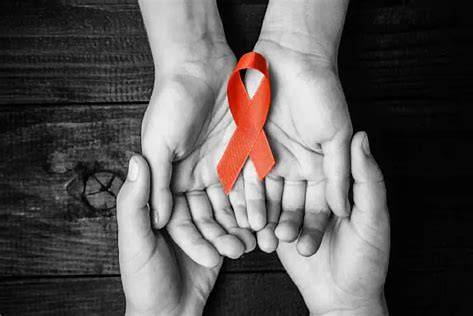HIV testing
HIV testing
An HIV test determines whether a person is infected with HIV. A routine HIV test detects antibodies the immune system produces in response to HIV, as they are much easier to detect than the virus itself. In most people, antibodies appear a month after infection and can be detected in the blood or saliva.
HIV can be diagnosed with rapid tests that provide results the same day. This facilitates diagnosis and transition to treatment and care. Self-testing for HIV is also available. However, no HIV test alone provides a complete diagnosis of HIV infection; additional tests are needed to confirm the result and should be performed by a qualified health-care professional.
When should the HIV test be done after a possible exposure?
HIV testing is usually recommended three months after possible exposure. There is a window period of up to two months between exposure to HIV and the production of detectable antibodies to the virus, depending on the type of test. During this time, people infected with HIV do not have antibodies in their blood that the test can detect. However, the level of HIV in body fluids (blood, semen, vaginal fluid and breast milk) may already be high in such a person. Although the HIV test cannot yet confirm that such a person has the virus, he or she is already capable of transmitting HIV to others in the window period.
Why should I be tested for HIV?
Knowing your HIV status has two essential benefits. First, if you are infected with HIV, you can begin treatment quickly, which can prolong your life for many years. Second, if you know you are infected, you can take all the necessary precautions to prevent the spread of HIV.
Where can I get tested?
HIV testing is widely available: in hospitals, clinics, family planning centres and specially organized HIV testing facilities. Always choose a place that offers HIV counselling. You can also self-test for HIV using a special test system. If you receive a positive result, retesting is recommended to rule out testing errors and before enrolling in care and/or treatment programmes.
Are my test results confidential?
Anyone who is tested for HIV should first give informed consent. Information about test results is considered strictly confidential.
Several testing options are available:
Confidential HIV test. The health-care professional who performs the test will enter the result in the medical record as confidential information. These results may not be released to others without the prior consent of the person tested.
Anonymous HIV test. The first and last name of the person taking the test is not matched to the sample. Instead, a code or number is assigned to the sample, which the person can then use to obtain their test results. No records are kept to link a person to a test.
It is recommended that you choose a policy of shared confidentiality, which means sharing information with people you are close to, which may include family members, significant others, caregivers and friends you trust. However, caution should be used when disclosing results, as this may lead to discrimination in health care settings, at work and in the community. Therefore, shared confidentiality is at the discretion of the person being tested. Although the result of an HIV test should be kept confidential, other professionals, such as counsellors or social workers, should have access to information about a person's status in order to provide the person living with HIV with the care they need.



